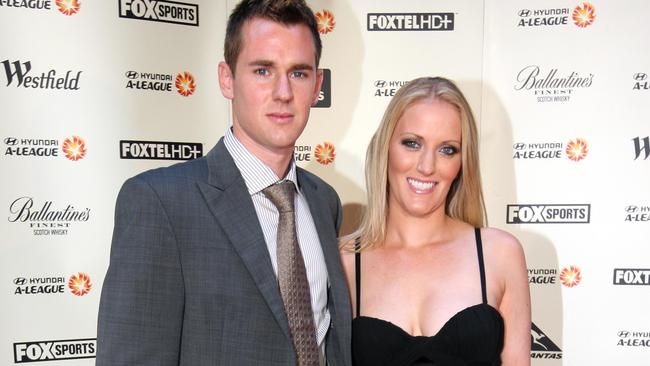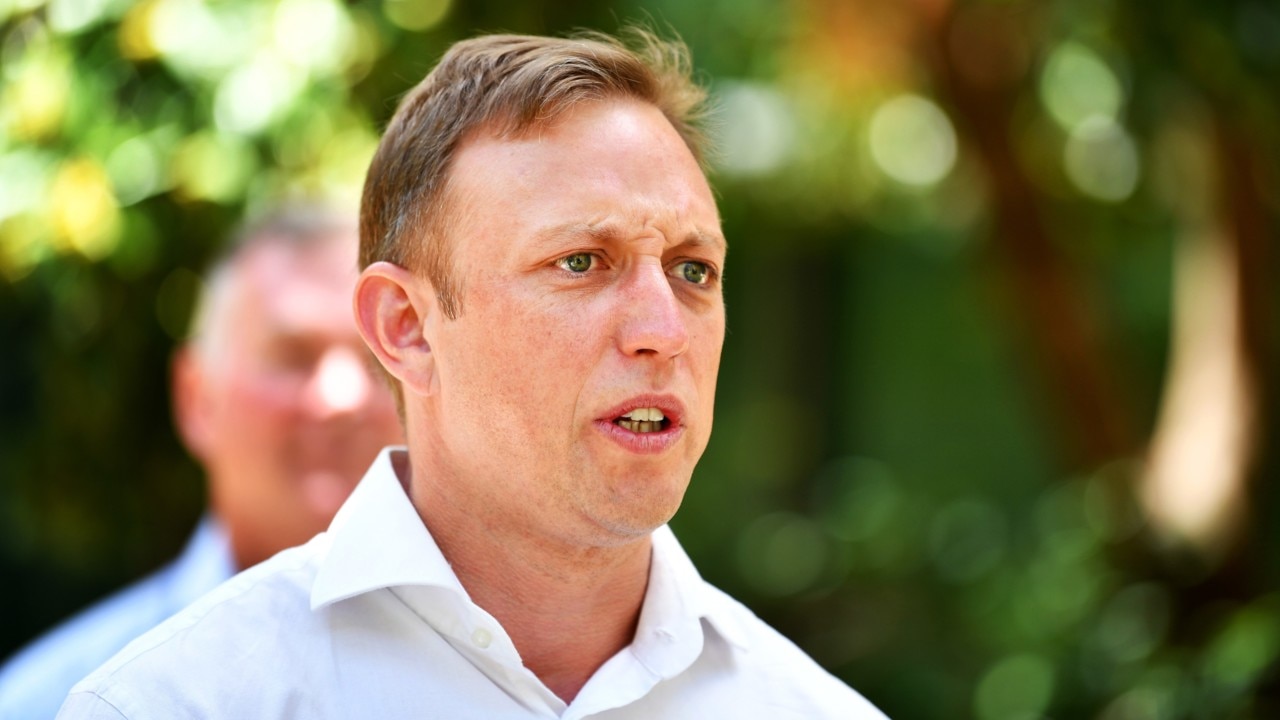United Australia Party candidate queries election spending caps in Supreme Court
Queensland’s new electoral spending legislation has faced its first legal challenge after lawyers for Clive Palmer’s political party asked the Supreme Court to urgently clarify details just days out from the election.

QLD Votes
Don't miss out on the headlines from QLD Votes. Followed categories will be added to My News.
Queensland’s new electoral spending legislation has faced its first legal challenge after lawyers for Clive Palmer’s political party asked the Supreme Court to urgently clarify whether the financial caps were inclusive of GST.
Lawyers for a United Australia Party candidate on Tuesday urged the court to find the caps were exclusive of GST but lawyers for the Queensland Electoral Commission and the Attorney General argued against that stance, saying it would make for an uneven playing field for political candidates.
Tourism Minister Kate Jones blasts Clive Palmer’s ‘bulls**t’ death tax campaign
Qld election 2020 party policy quiz: Who should I vote for?
The case was filed in the Supreme Court on Monday under the name of UAP candidate for Keppel Nicole Smeltz, a former flight attendant and the wife of A-league soccer star Shane Smeltz.

Barrister Edmund Robinson appeared for Ms Smeltz during an urgent hearing before Justice Sue Brown on Tuesday in the first legal challenge of the legislation which came into effect in August.
The caps as they relate to the current state election are set at $57,000 for candidates endorsed by a political party, $87,000 for independent candidates and a $92,000 cap for political parties per seat.
“As your honour would have seen if the electoral expenditure caps are breached it’s an offence and indeed it’s one punishable by imprisonment,” Mr Robinson said.
“So the reason for this application is my client would like some certainty one way or the other as to (whether) the input tax credit and the GST is relevant in determining whether the expenditure cap has been exceeded.
“We see this as of assistance to not just my client but potentially for all political parties and other candidates just for the sake of clarity.”

Mr Robinson submitted that the court should find the caps were not inclusive of GST.
He said when a candidate took out a television ad for the purpose of an election, they would pay a 10 per cent GST component to the television station.
“Equivalently though in such circumstances where the political party is registered for GST and it’s otherwise entitled to do so, it would be entitled to input tax credit in the same amount, it would be an offsetting amount,” Mr Robinson said.
“And the simple point we make is this your honour, we say that in substance, that 10 per cent isn’t an expenditure because it is something that becomes payable to the supplier at that time but equivalently it becomes repayable by virtue of input tax credit.
“In that regard it’s important to recognise that although the input tax credit isn’t actually received in terms of cash until a later time, the entitlement to it arises immediately.”
Crown Law Principal Lawyer Joseph Kapeleris, who acted for the Electoral Commission, urged the court to find the description of expenditure under the legislation included GST, saying that interpretation created a “level playing field” for all candidates.
“It creates a very unlevel playing field for entities who are not eligible for GST input credits … if they’re calculated exclusive of GST, that would create an uneven playing field,” he said.
“It’s submitted that in the context of capital expenditure periods and calculating the caps, in my submission Parliament intended that all election participants would be treated equally irrespective of their eligibility.”
Justice Susan Brown ruled that the correct interpretation of the legislation includes GST in the definition of expenditure and that the view she adopted was more consistent with the intention of legislators.
She declined to make the orders sought by the UAP, saying she did not consider the interpretation to be ambiguous and that it allowed a greater access to public life for a broader range of people from all walks of life.

